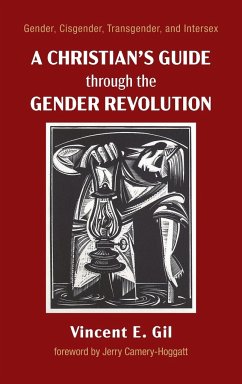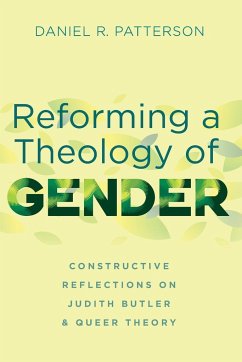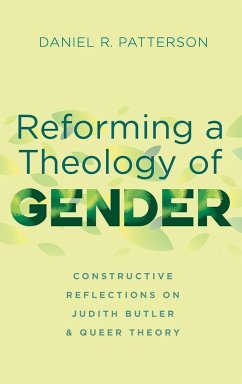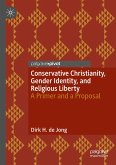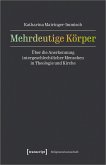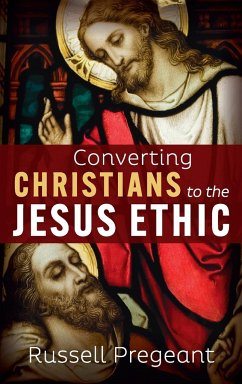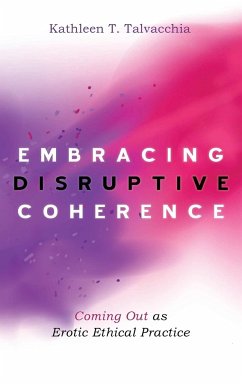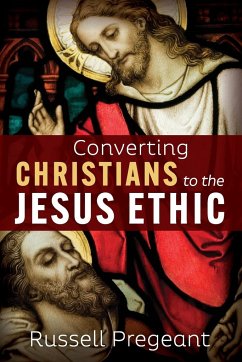Contemporary questions about gender challenge our views of ourselves and the proverbial other. In this meticulously researched, well-written, and illuminating guide, Vincent Gil unpacks elements involved in gender-identity conflicts and intersexuality. At the heart of the matter are real people, not just issues. Drawing on histories culled from his many years as counselor, professor, and researcher, Gil explores gender and identity, issues of conflict, and of reconciliation. He distinguishes biological and psychological elements from social issues, and addresses the current movement of gender individuation, its language idioms, and its influences on gender ideology and theology. He also provides an engaging theological discourse, filling gaps in our understanding of procreation to better inform our theology of being. The work assists Christian parents, clergy, and lay leaders by working through the tough questions. It suggests means to engage, counsel, support, and reconcile with those gender-questioning or conflicted, be they children, adolescents, or adults.
Hinweis: Dieser Artikel kann nur an eine deutsche Lieferadresse ausgeliefert werden.
Hinweis: Dieser Artikel kann nur an eine deutsche Lieferadresse ausgeliefert werden.

